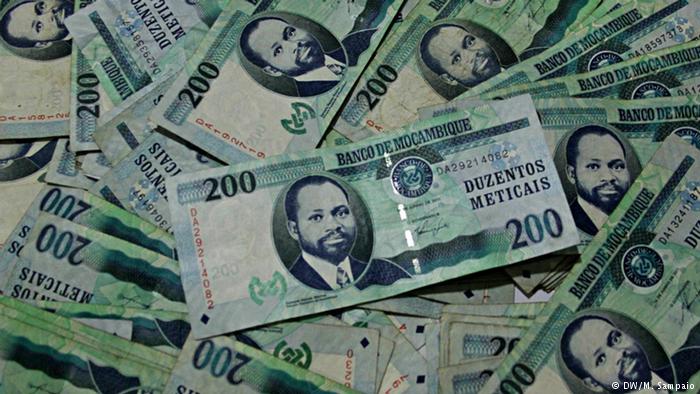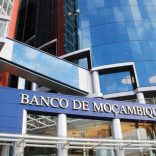Mozambique: Government considers mergers and closures among country's 98 public institutes
Mozambique’s debt holders say there is “no excuse” for postponing payments

DW (File photo)
A group that holds 70 percent of Mozambique’s public debt considers that the restructuring proposed by the Government “unfeasible” and that “there are no excuses” for the process not to advance.
The proposal to restructure Mozambican debt “has proved to be unworkable” because the government “sought to bundle the legitimate claims of the Eurobond holders together with the evidently suspect claims against certain state-sponsored companies”, the Global Group of Mozambique Bondholders said in a statement on Wednesday. “Mozambique is clearly not in medium-term debt distress.”
In a note sent to financial intelligence firm Bloomberg, this group, which claims to hold almost 70 percent of debt securities issued by the government following the 2015 conversion of the obligations of the Mozambican Tuna Company in April 2013 into government bonds, considers that one year after the government said it was unable to pay, it is time to move forward.
“There is no longer any excuse for the lack of political willingness to move forward,” following the Frelimo congress, the group argues.
Government strategy called into question
Holders of 70 percent of the US$727.5 million public debt issued in April last year say the government’s strategy is wrong, first and foremost because they want lenders of public company loans and debt treated the same.
“The government has demanded that public debt holders move forward with further financial relief to accommodate the position of creditors of suspect loans,” which is “an unacceptable approach,” they say.
Over the past year, “judicial and forensic sources have stressed the illegality of alleged government guarantees,” they claim, arguing that “the government should withdraw guarantees on loans to Proindicus, MAM and liquidate them with EMATUM” which would allow all creditors to receive the missing sums.

Hidden debt crisis started one year ago
In October 2016, the Mozambique government officially acknowledged its inability to pay instalments on debts of public companies with state-guaranteed loans, proposing restructuring and a new financial aid package from the International Monetary Fund (IMF).
At the time, public debt reached 130 percent of gross domestic product. Since then, major rating agencies have cut the country’s default rating and economic indicators have fallen to a point where the IMF forecasts economic growth of 4.7 percent, the lowest figure of the millennium so far.











Leave a Reply
Be the First to Comment!
You must be logged in to post a comment.
You must be logged in to post a comment.